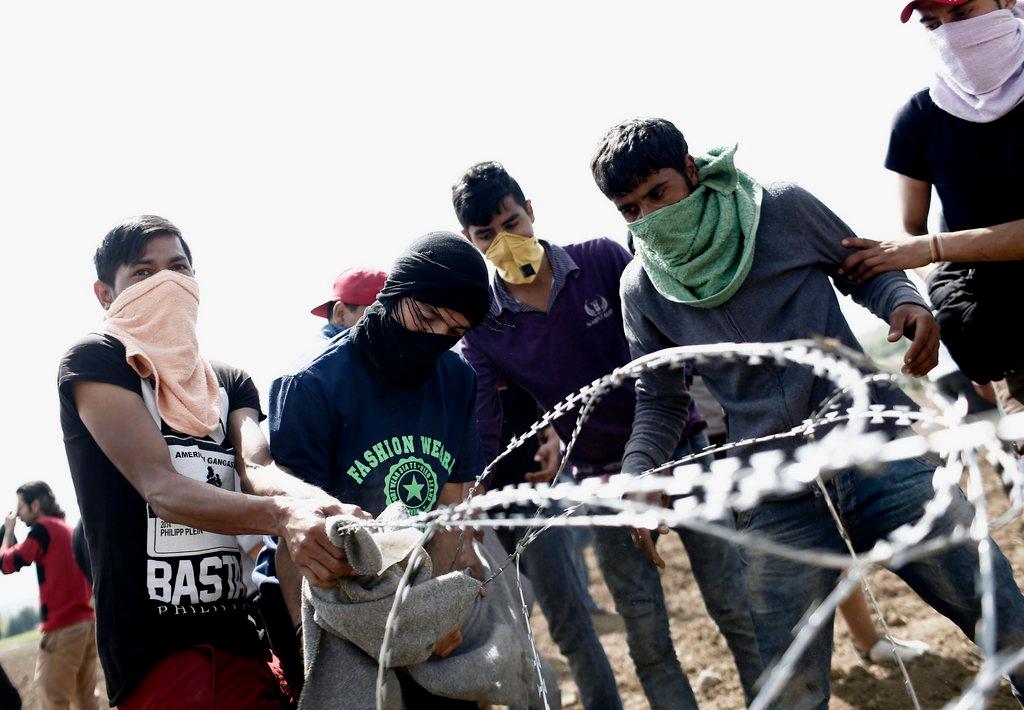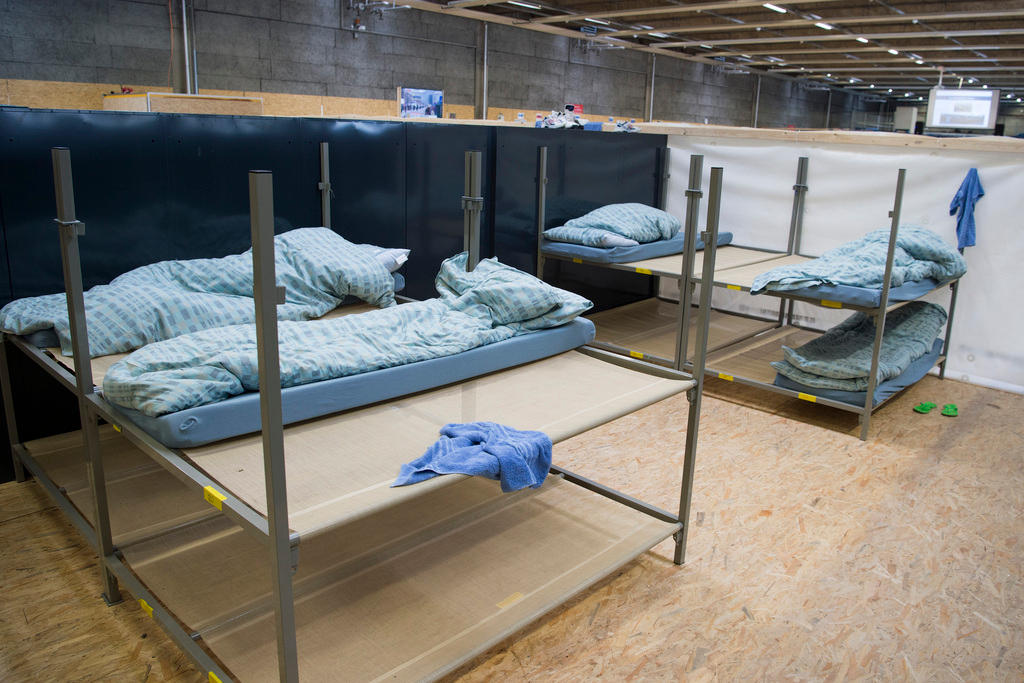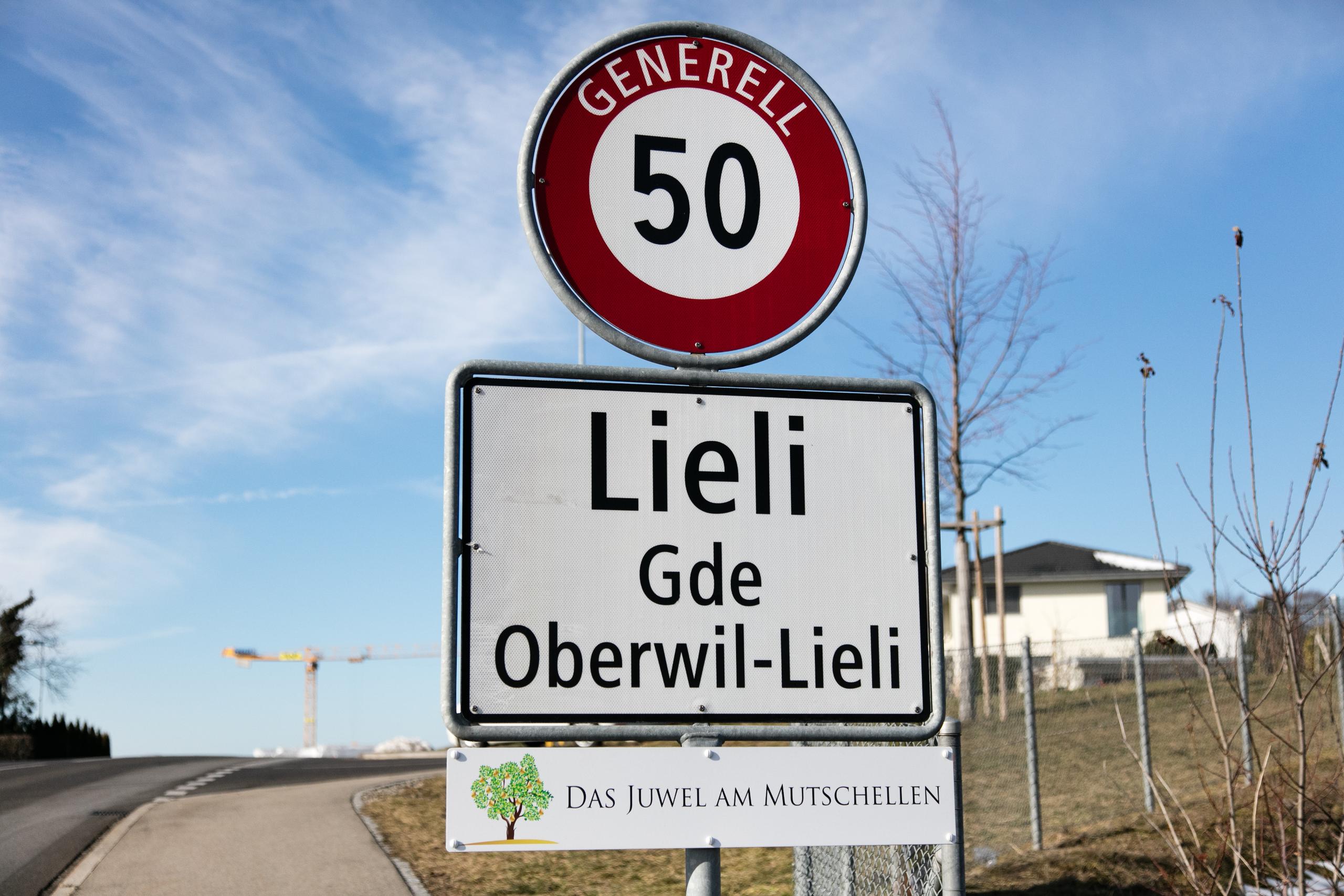Asylum requests decline, but authorities brace for more

Asylum requests in Switzerland drastically declined in the first quarter of this year, with 45% fewer registered than at the end of 2015. Migration authorities attribute the slide to fewer people attempting to reach Europe over the so-called Balkan route.
However, longer-term figures tell a different story – overall asylum requests have increased by 85% compared to one year ago. A report from the State Secretariat for Migration (SEM) describes the situation as “difficult to predict” and said that federal and cantonal governments must still be prepared for a renewed increase in asylum seekers in the coming months.
Showing trends similar to neighbouring Germany, asylum requests made in Switzerland have continued to fall each month since November 2015. The trend is a direct result of Balkan countries closing their borders to people trying to reach Europe, as well as the European Union’s recent migration accord with Turkey which sends those waiting to enter Europe back to Turkish soil.
“Since March, affected countries along the Balkan route have brought transit traffic to a virtual standstill,” the migration office said in its report, noting that the 25% decrease in asylum seekers from February to March was also partially due to fewer people crossing the Mediterranean to Italy in the winter.
However, according to Reuters, the European Union said on Wednesday that the number of people gathering in Libya and preparing to cross the Mediterranean is “alarming”.
Strategies in the works
Justice Minister Simonetta Sommaruga said on Thursday that Switzerland was not currently facing an emergency situation, but added that no one could predict how things would develop in the crisis regions this year.
“At the moment we’re working on the assumption that at least 40,000 refugees will come to Switzerland this year. But we can’t rule out that the number of asylum seekers could increase greatly within a few days,” she said.
Sommaruga explained that because it wasn’t possible to make reliable forecasts, it was necessary for the government, cantons, cities and towns to prepare for a range of scenarios. In the case of an emergency, she said the priority was to register all arrivals, “because we need to know who’s coming here”. And then all asylum seekers would need to be looked after and housed.
Swiss authorities are discussing how to address a possible emergency situation with large numbers of asylum seekers entering the country. The head of the cantonal justice and police authorities told the Swiss news agency SDA that these emergency measures would likely be activated if more than 6,000 asylum requests are made in three weeks. However, the exact parameters of the emergency measures are yet to be defined.
The Conference of Cantonal Justice and Police Directors met on Thursday to analyse emergency measures to be taken at the cantonal level in the case of a migrant influx.
“The main objective of the plan is to ensure that all asylum-seekers are identified and registered before being distributed among the cantons, even in the case of a strong and rapid increase in demand,” said a statement.
The cantonal authorities called for an emergency plan based on three possible scenarios: 10,000 asylum demands in 30 days, 10,000 demands a month for three consecutive months and finally 30,000 migrants in a matter of a few days.
They suggested that cantons should make civil protection shelters available for asylum seekers and should have the right to use military shelters that the army is not currently using.
Asylum demand
In March, a total of 1,992 asylum requests were made in Switzerland, a quarter fewer than in February. Most of those requests came from people from Afghanistan, followed by Syrians and Iraqis.
In the first three months of 2016, the migration office registered 7,976 asylum requests, and 1,775 requests were granted. Another 2,845 requests were not processed because of the Dublin accord which allows member states to send asylum seekers back to their first point of entry into Europe, generally Italy or Greece.

In compliance with the JTI standards
More: SWI swissinfo.ch certified by the Journalism Trust Initiative


You can find an overview of ongoing debates with our journalists here. Please join us!
If you want to start a conversation about a topic raised in this article or want to report factual errors, email us at english@swissinfo.ch.